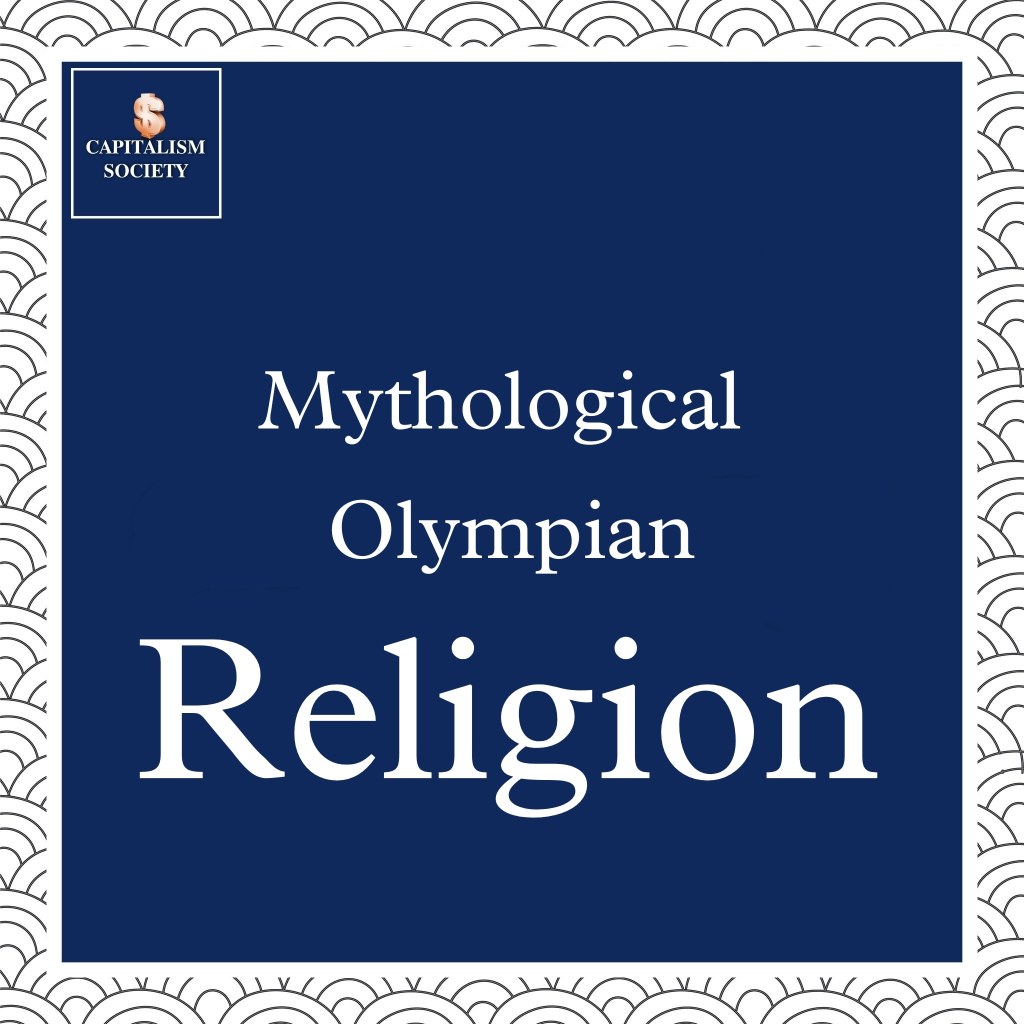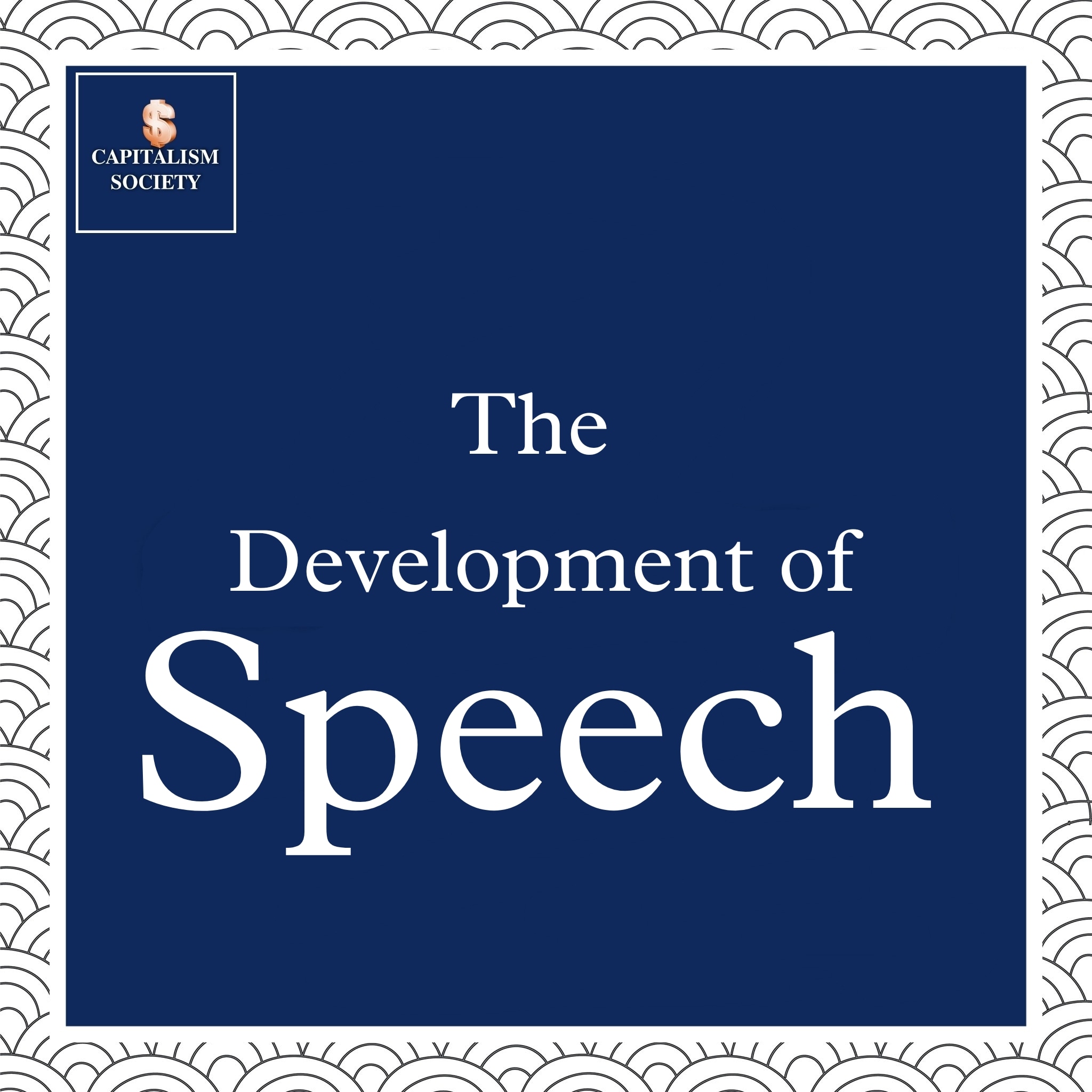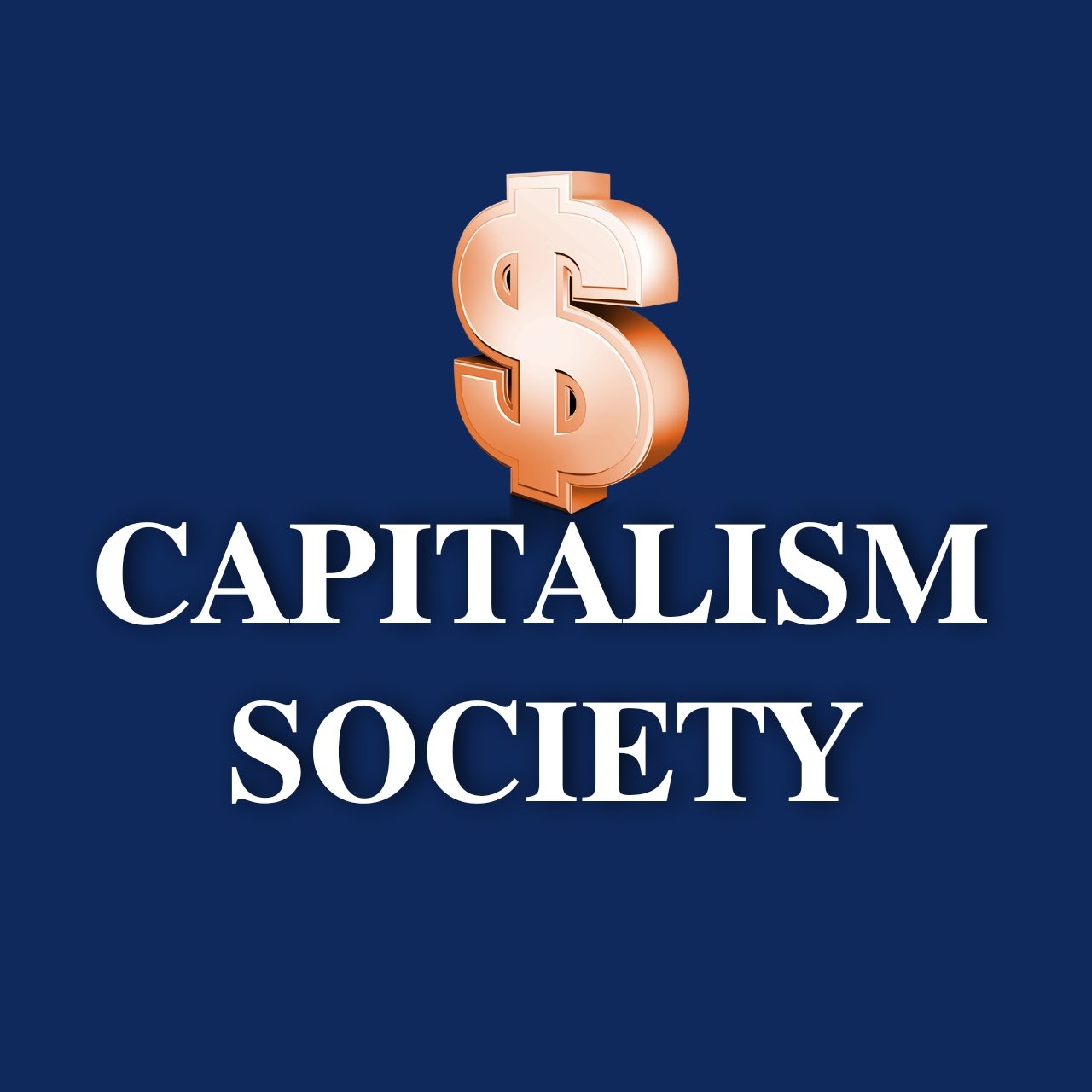The progressive development of mankind was determined by the further advance of the productive forces and , primarily , by the perfection of the instruments of labour . The remains of tools of fossil man were discovered in China , India , Ceylon , Burma , Algeria , Kenya , Uganda , Tanganyika and other regions of South Africa and Europe . In the U.S.S.R. the remains of fossil man and his tools were discovered in Armenia , the Crimea , along the Black Sea Coast of the Caucasus , in Central Asia and along the Dniester River .
Category: Forms of Working – Class Struggle
Mythological Olympian Religion

By the 6th century B.C. more or less similar religious beliefs were held in common in all regions inhabited by the Greeks . These beliefs formed the basis of the Olympian religion , so called after Mount Olympus which was believed to be the home of the Gods , headed by Zeus . The Olympian religion was not connected with any organised religious body , dogma or ritual . The temples of the gods , though of definite significance in the religious lives of the people , did not , how ever , form a single system ; likewise , there was no special strata of religious attendants , no high priests . When necessary , persons chosen by the popular assembly carried out various religious functions . By making the gods human , the Olympian religion was able to penetrate deep into the masses and influence the working people . In time the cult of the Olympian gods became the official religion of the Greek polises , sanctifying the class suppression of the slaves and poor labourers . The masses , dissatisfied with their lack of civil rights , often coun tered the official religion by inaugurating cults of their own patron gods . Such , for instance , was the cult of Dionisius , patron of the tiller , in whose honour feasts and celebrations were held . This religious dissention can be considered the prototype of all later religious heresies .
The Development of Speech
Articulate human speech evolved in the processes of labour . Human thought and consciousness have the quality of abstract thinking , i.e. , a generalised reflection of reality in concepts , expressed in words . This capacity for abstract thought made it possible to express an idea , a sum of impressions in words , and with their aid man could inform other human beings of his impressions . However , this ability to communicate his thoughts to another human being through the aid of words was insufficient to stimulate speech . What was lacking was the necessity to communicate one’s thoughts to another . This necessity arose and developed in the process of man’s conscious labour . Labour was always a social activity . The work of a single human being was an integral part of the life of the human community . The unity of a commune of human beings in productive labour resulted in the fact that the individual in his mind , thoughts and actions regarded himself as a member of the commune , as subservient to it . That is why in the process of collective labour people felt the need to com municate with each other , to speak to each other . In the beginning , various shouts and cries used in the process of labour and arising from various actions were the sole means of communication . These cries gradually became established and remembered . This , in turn , brought about a change in the corresponding human organs . Under the in fluence of the pressing need to communicate in the process of common labour , the undeveloped throat was gradually transformed into an organ capable of producing articulate sounds . Thus , as a result of collective labour over a great period of time , articulate speech gradually evolved as a means of exchanging thoughts , as a means of human associa tion . Speech was of tremendous significance in the further development of society , since it helped to unite man’s efforts in labour as well as in organising collective labour ; speech made it possible for man to retain and pass on to coming generations his labour experience . Since the history of primitive society is a history of small , isolated human communities , the language of each such com munity developed independently and was unlike the language of other communities .

Forms of Working – Class Struggle

In the 19th century the workers used various methods of and struggle – demonstrations , meetings , strikes armed uprisings – to defend their economic and political interests . Two forms of working – class struggle were correspondingly distinguished : an economic struggle , i.e. , a struggle for their immediate interests ( raise in wages , shortening of the working day , normal housing conditions , etc. ) , and a political struggle , i.e. , a struggle for altering the policy of the government and the existing system . In the course of this struggle workers set up their own organisations – trade unions and different associations . The types of organisations , the effectiveness of their work and their ties with the masses depended on concrete historical conditions – the political system of the given country , the struggle experience of the working class , the economic conditions of its existence , etc. On the whole , however , the working – class movement of that time developed spontaneously . The workers did not as yet have a common outlook upon the world , society and its development , and the historical role of their class ; nor did they have a common ideology . The workers ‘ actions were therefore disunited and usually failed . At the same time the workers of the different countries lived under similar economic conditions . The workers became carriers of a new social mode of production which made the private method of appropriation of the products of social labour unneces sary and harmful . That created an objective necessity for the working class to elaborate its own ideology that was fundamentally opposed to the ideology of the bourgeoisie , which strove to retain private ownership of the instruments and means of production . Bourgeois ideologists regard capitalist society as the highest stage of development and cannot conceive humanity existing without private property . It follows that for successful struggle against the bour geoisie the working class must work out its own ideology and come to realise its historical mission of changing the social system . This task can be accomplished only by ideologists of the working class – people who do not work manually and understand the historical necessity for replacing the capitalist system by a new , socialist system based on social ownership of the instruments of labour and means of production .

